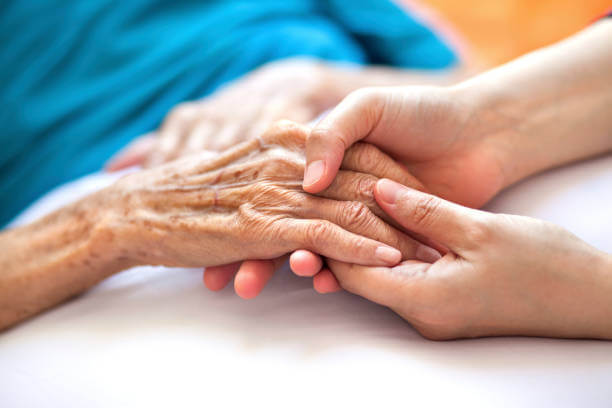The intense heat that grips the Southwest, interior Northwest and the Great Basin shows signs of easing somewhat, however, temperatures will continue to be higher than normal for the rest of the week.
Earlier this week, triple-digit heat struck Southern California and the record-breaking heat in Las Vegas may have led to the death man in his 80s, CNN reports. Paramedics found the man dead in his home, which did not have air conditioning.
In an recent blog, I wrote about the dangers of dehydration in seniors. But older adults are vulnerable to a variety of heat-related illnesses. The elderly are more prone to heat exhaustion and heat stroke, according to the Center for Disease Control and Prevention. Heat stress especially affects the elderly for a variety of reasons: they don’t adjust to sudden temperature changes as well as their younger counterparts. Prescription medications could hinder the body’s ability to regulate its temperature. Chronic medical conditions, such as heart disease, diabetes, and dementia can make someone particularly susceptible to hot weather health problems.
Heat stroke symptoms include hallucinations, chills, confusion and dizziness, along with slurred speech. The CDC reports that common heat related symptoms can also include:
- Heavy sweating
- Paleness
- Muscle cramps
- Tiredness
- Weakness
- Headache
- Nausea or vomiting
- Fainting
- Fast and weak pulse rate
- Fast and shallow breathing
The American Geriatrics Society’s Foundation for Health in Aging (FHIA) reports that most of the 200 Americans who die each summer of heat-related complications are over 50. They’ve prepared a handy tip sheet, “Hot Weather Safety Tips for Older Adults”, available for download. Caregivers can help seniors stay safe with these recommendations:
Stay inside in air-conditioning. If there’s no air-conditioning in the home, go somewhere that is air-conditioned, like a movie theater, library or senior center. Fans DO NOT provide adequate cooling when temperatures hit 90 degrees.
- Stay out of the sun. If they must go out, have them wear light, loose-fitting clothing and a lightweight brimmed hat for shade. Also, apply a “broad spectrum” sunscreen with SPF 15 or higher.
- Go out early in the morning or after the sun sets, when it’s cooler.
- Have your senior drink cool water, juices or other liquids. Stay away from alcoholic beverages, which can dehydrate.
- Give tepid (not too cold or too hot) showers, baths, or sponge baths. Or wet washcloths or towels with cool water and put them on wrists, ankles, armpits, and neck. This will also cool them down.
Keep yourself and your seniors safe and healthy this summer by taking these precautions. Senior caregivers can gain additional crucial caregiving skills by taking a 10-hour online Caregiver Certification training course.







